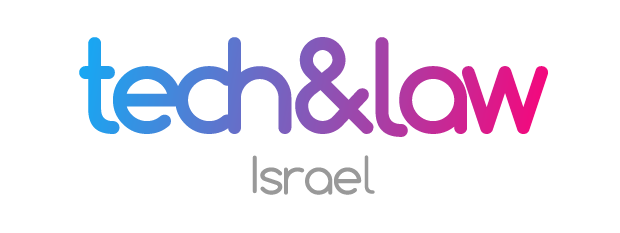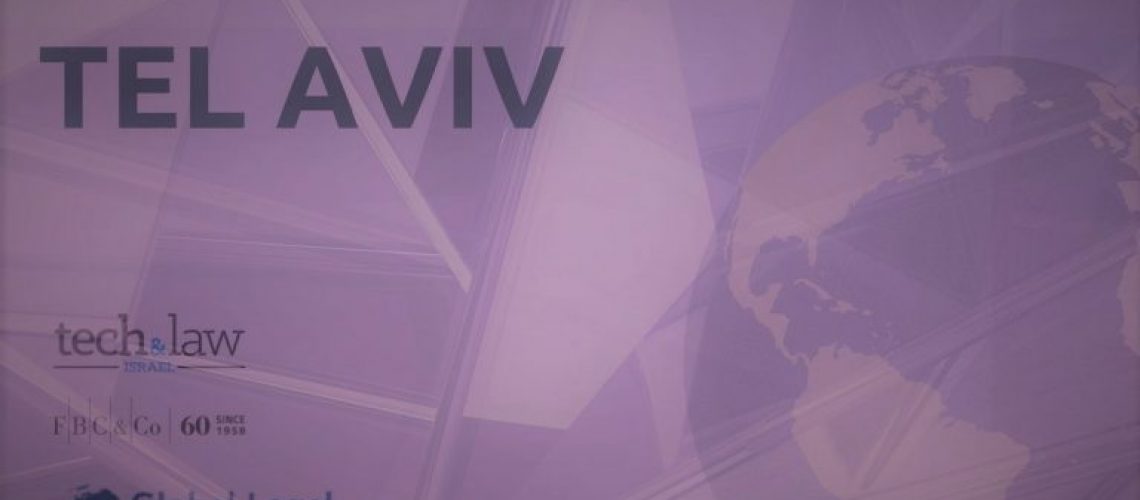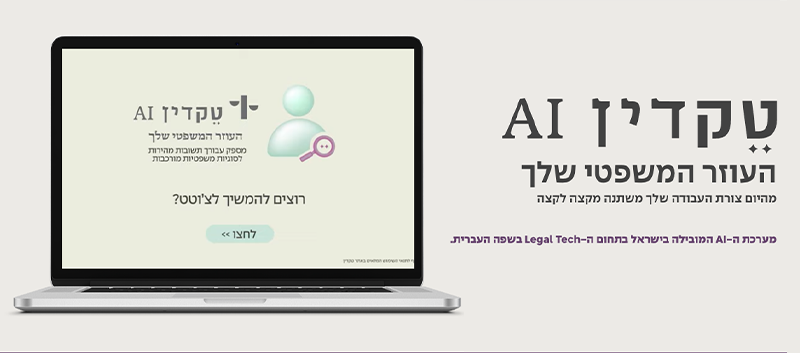Tech&Law Israel — co-host of Israel’s first legal hackathon as part of the Global Legal Hackathon — offers insight into Israel’s legal tech sector and what it’s like being on the legal tech frontier
Those who know Israel as the Startup Nation might be surprised to hear that they’ve never hosted a legal hackathon. Until now, that is. Thanks to Tech&Law Israel and Fischer, Behar, Chen, Well, Orion & Co., Israel’s first legal hackathon will begin Feb 22, 2018, as part of the Global Legal Hackathon.
You can register for the Tel Aviv hackathon here.
A legal tech hub, Tech&Law is an initiative by the legal consulting firm Robus. We spoke to Tech&Law founder Ido Goldberg about the initiative and the decision to host Israel’s first legal hackathon.
Interview edited for clarity and length.
What is Tech&Law and why is it important to the local market?
Legal tech is becoming a big thing in the legal industry, and we realized that sooner or later the Israel market would have to catch up
As a firm that regularly consults law firms and legal departments, we wanted to be able to provide this extra value to our current and future clients, and to be able to assist them with adjusting to this new era. We quickly realized that law firms can dramatically boost their practices if they start using some of the legal tech products that are out there. In order to be the ones who guide them through the process, we had to gain the expertise and the knowledge, and that’s what we’ve been doing in the past couple of years.
As we started to meet more and more entrepreneurs and tech companies, we realized that our insights can also be very helpful for entrepreneurs seeking to build products for the legal industry, so we quickly started helping entrepreneurs and tech companies as well.
Eventually, we realized that in order to really boost the local legal tech scene, we have to have a community that will bring together both lawyers and entrepreneurs, and so we started hosting legal events for the first time in the country. Our latest event drew more than 350 participants and more than 15 tech companies who showcased their products to the crowd. It was super exciting and great fun.
What are some of the challenges and advantages for law firms in Israel trying to implement legal tech solutions?
A somewhat unique problem for law firms in Israel is shortage in supply. There is a demand for products but we don’t have enough products to suit the local market. Additionally, some products are very language based like artificial intelligence products, many of which are in English.
However, Israel offers a very vibrant sector in startups and innovation. Being a startup in Tel Aviv is definitely a strength. Yet, it’s also an issue because startups want to scale, and for this reason, many aim to go abroad. As time goes by, though, we meet more and more law firms that share the same innovation spirit.
Why did you decide to be part of the Global Legal Hackathon, and what are you looking forward to most about hosting it?
We were already thinking about hosting a legal hackathon when we were first exposed to the GLH. And it is very intriguing being part of such a cool event like this. We’ve been meeting a lot of entrepreneurs and lawyers who have been thinking about launching their own initiatives. But lawyers were having a hard time finding entrepreneurs and vice versa, so it just makes sense to bring the two markets together, especially being the largest — and maybe the only — legal tech community in Israel.
It’s always exciting for us to bring together the community. Each time, we meet more and more individuals interested in legal tech. It is interesting to see tech people on one end and lawyers on the other build cool products together. Even if they don’t build products that will last, the collaboration might.
Why do you and your cohosts make a great hosting team?
I can only name a handful of law firms in Israel that really invest resources in thinking ahead and in building an innovative organization, and FBC & Co. is definitely one of them. They’ve been really active in the legal tech community here and are doing great things for the local legal tech scene. For us, it’s a very natural collaboration.
In your view, why is collaboration important to the global legal market?
We know the sensitivity these firms have in collaborating with other law firms. I think what’s changed over the past year is that law firms realize that without sharing knowledge with one another (and with organizations like ours) they will have a hard time staying ahead.
Also, being involved with the European Legal Tech Association has allowed us to collaborate with so many individuals and law firms throughout Europe. It’s made us realize that our challenges are not unique and that many of our colleagues around the world have already dealt with similar issues, so working together and learning from them can help us overcome challenges in the local market.
The Hackathon will take place as a joint venture between Tech&Law Israel (a subsidiary of Robus Legal Marketing) — and one of Israel’s largest law firms — FBC & Co at 3 Daniel Frisch St, Tel Aviv, Israel. It will include a panel of judges consisting of senior representatives of law firms in Israel, LegalTech companies and legal marketing professionals.







